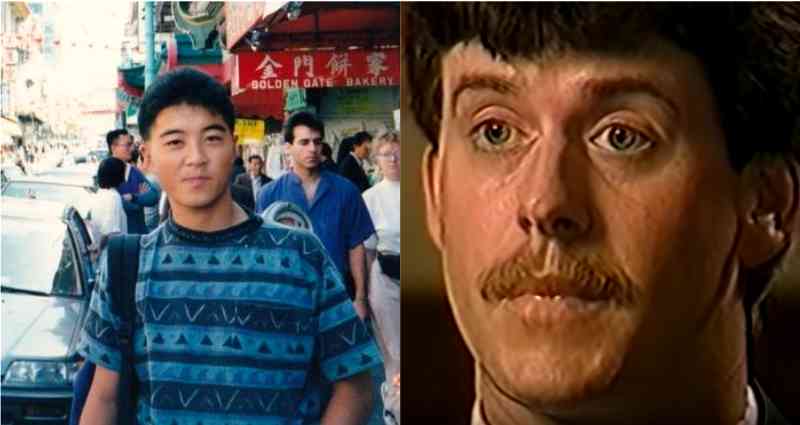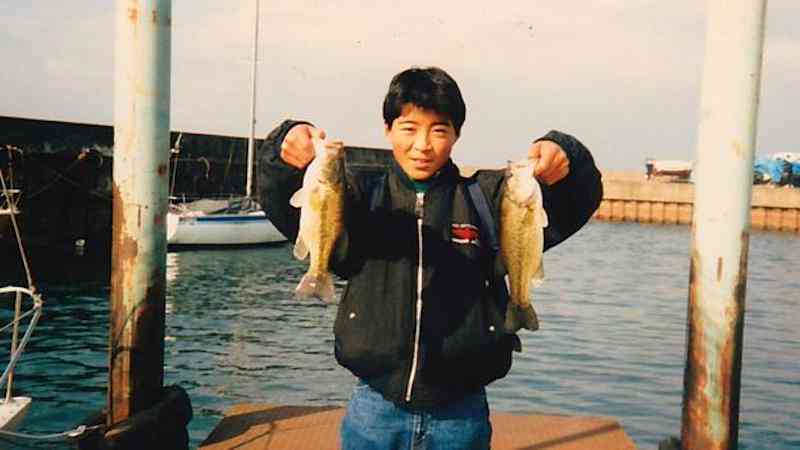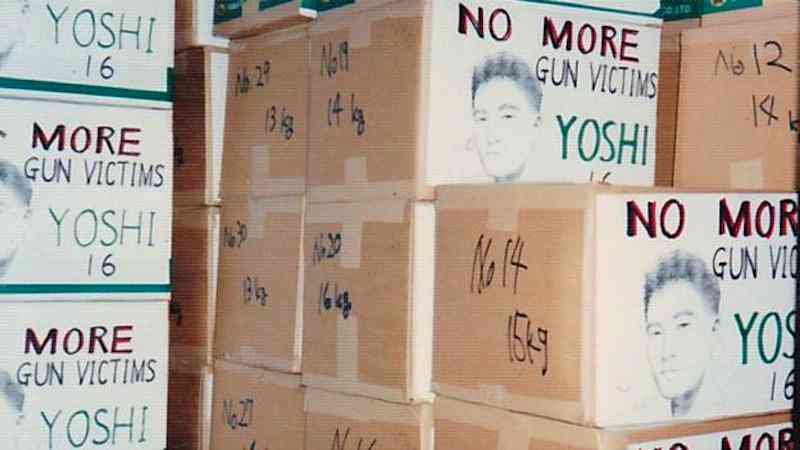Japanese Exchange Student Was Killed in Cold Blood For Knocking on the Wrong Door 27 Years Ago


By Ryan General
October 21, 2019
It was October 17, 1992 when Japanese exchange student Yoshihiro Hattori was shot to death after ringing a man’s front doorbell by mistake.
Hattori and his friend Webb Haymaker were on their way to a party in Baton Rouge, Louisiana but accidentally ended up at the front door of Rodney Peairs’ house instead.
Thinking the then 16-year-old was trespassing with criminal intent, the property owner shot and killed Hattori with a .44 magnum revolver at point-blank range. Peairs would later be acquitted in the subsequent homicide case in the state court of Louisiana.
Hattori, the middle child of Masaichi and Mieko Hattori in Nagoya, Japan, went to Baton Rouge in 1992 as part of the American Field Service (AFS) student exchange program. The Haymaker family, which hosted the exchange student, noted that Hattori made an immediate impression.
“Yoshi was very ebullient, a total extrovert,” Dr. Holley Haymaker, a physician, told the BBC. “The kids at McKinley High School loved him because he was such a free spirit.”
“He was a really, really extraordinary guy. He was life. He moved through space like a dancer,” said her husband, theoretical physicist Dick Haymaker.

Hattori and Haymaker, his homestay brother, received an invitation to a Halloween party organized for Japanese exchange students on October 17. He had been staying in the United States for two months.
Wearing tuxedos to mimic John Travolta in “Saturday Night Fever,” Hattori and Haymaker reportedly mistook the Peairs’ home for their intended destination due to the similarity of the address and the Halloween decorations on the outside.
Based on police records, the teens rang the front doorbell but eventually began walking back into their car after receiving no response. Inside the house, Bonnie Peairs saw them while peering out of the side door. Startled by their presence, she locked the door, rushed to her husband and told him to get his gun.
Rodney Peairs did so and when he opened his carport door, he saw Hattori and Haymaker returning to their car. He pointed his loaded gun at Hattori, and yelled: “Freeze!” At the time, Hattori was already walking back towards the house, saying, “We’re here for the party.”
Hattori did not notice the weapon but Haymaker did and immediately shouted after his friend. However, Peairs fired his weapon at Hattori, hitting him in the chest. Haymaker rushed to Hattori.
Seeing that his friend was injured badly and lying on his back on the bloodied ground, Haymaker ran to another home nearby to ask for help. Meanwhile, Peairs went back inside his house and stayed there until the police arrived about 40 minutes later. When the neighbor called for help, Mrs. Peairs responded by saying “go away.”
Hattori died from loss of blood in the ambulance minutes later. Peairs’ bullet had pierced the upper and lower lobes of Hattori’s left lung, exiting through where the seventh rib is situated. One of the Peairs’ children would later tell the police that her mother asked her father, “Why did you shoot him?”
Rodney Peairs was quickly questioned and released by the local police which declined to charge him with any crime. Peairs was then reportedly found that he was within his rights in shooting the trespasser. It was only after the New Orleans Japanese consul general and Louisiana governor, Edwin Edwards, protested when Peairs was charged with manslaughter.
In his defense, Peairs claimed that Hattori had an “extremely unusual manner of moving,” noting that any reasonable person would find the teen “scary.” During the trial, it was emphasized that Peairs was an “average Joe,” a man who “liked sugar in his grits” and not too different from the jury members’ neighbors.
Peairs testified that Hattori was about 5 feet away when he shot the teen in the chest. “I had no choice,” he said during his testimony. “I want Yoshi’s parents to understand that I’m sorry for everything.”
For District Attorney Doug Moreau, it was unreasonable for a 6-foot-2, well-armed man, to be so fearful of a polite, friendly, unarmed, 130-pound boy, who rang the doorbell. Even if he walked toward the house unexpectedly, Peairs was not justified in using his gun.
“It started with the ringing of the doorbell. No masks, no disguises. People ringing doorbells are not attempting to make unlawful entry. They didn’t walk to the back yard, they didn’t start peeking in the windows,” Moreau stated.
Meanwhile, the defense argued that Peairs’ reaction was reasonable as he was in part reacting to his wife’s panic. Peairs was acquitted after the trial which lasted seven days.
A civil action later would find Peairs liable of paying $650,000 in damages to Hattori’s parents, who used the money to establish two charitable funds under their son’s name. One charity was for funding U.S. high school students who wish to visit Japan and another which funds organizations lobbying for gun control.

The case made international headlines and sparked outrage in Japan. Many in the international community believed that Peairs’ acquittal was due to implicit racism. A petition urging stronger gun controls in the U.S. generated a million signatures from Americans and 1.65 million from the Japanese.
The high profile case reportedly helped in getting the “Brady Handgun Violence Prevention Act” passed on November 11, 1993, and eventually into law by President Bill Clinton on November 30, 1993. The law, which was named after gun violence victim James Brady, went into effect on February 28, 1994.
Featured Image via YouTube / terasyu1
Share this Article
Share this Article